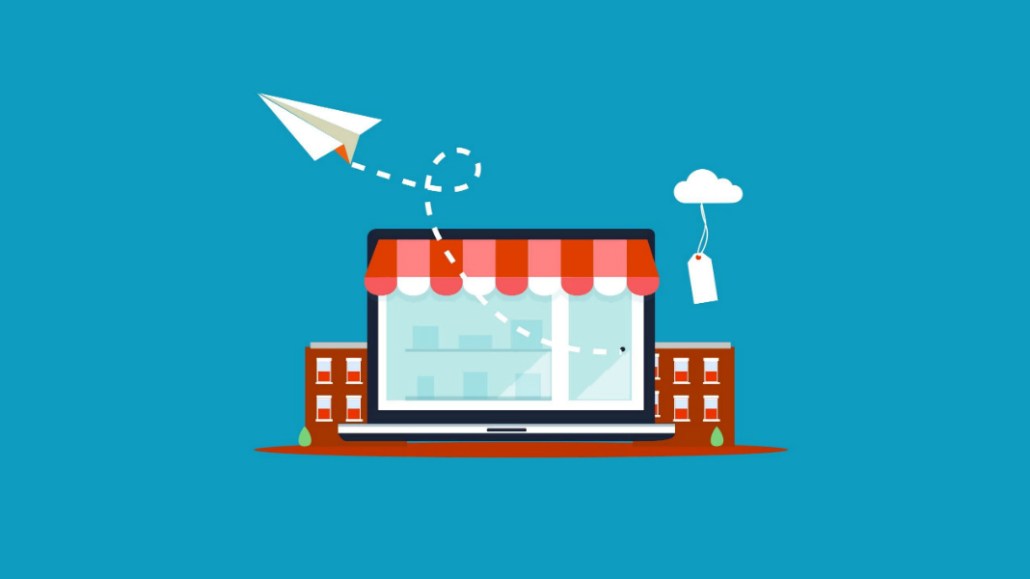Secure your place at the Digiday Media Buying Summit in Nashville, March 2-4

Trusted Media Brands — home of Reader’s Digest and Family Handyman — is hoping a hybrid ad sales model can help drive awareness and affiliate sales at the same time.
The hybrid model, which it’s been testing for six months, pairs affiliate commerce with other direct-sold ad products, including branded content and display ads, which are created in-house by Trusted Media Brands’ editorial and creative teams. Cory Rotkel, vp of digital sales, said that the newsletters and social posts included in the hybrid model are aimed at driving conversions on the products for sale while the video and written content is focused more on building the brand awareness for the partner.
The hybrid model is currently sold based on impressions, Rotkel said, but as the company sells more across its other titles, there is the possibility to incorporate an average conversion rate into the terms of the deal. The average affiliate rate from retail partners for these hybrid deals ranges from 5% to 10%.
Trusted Media Brands has been testing its hybrid sponsorship/affiliate model for about six months. After selling two deals to one retail partner, the company saw that the model not only met, but surpassed the promised impressions by 52% on its most recent hybrid campaign.
Both deals were with Family Handyman, which Leora Schachter, vp of digital products, said is the top performing brand for the company’s affiliate business. The site had over 5 million unique monthly visitors in February, according to Comscore. Affiliate has only been a revenue stream for the company for about a year and a half but it has increased by 100% year over year and its digital consumer efforts (including affiliate and its e-learning platform) make up 20% of the company’s total digital revenue. The first hybrid deal also increased the average share of spend on the partner’s site by over 900%, according to Schachter.
The model itself isn’t new. BuzzFeed has been figuring out how its commerce content can sell advertising; and two years ago, Meredith began running ads on recipes that integrated advertisers’ products and the ability to purchase them within the recipe.
The company has a rigorous partner selection process for the hybrid model, according to Schachter, because the products have to make sense for the title and the editors have to be on board with recommending the products.
Successful media buys must incorporate both direct response and discoverability, according to Gila Wilensky, svp of media activation at marketing agency Essence. And similar to branded posts on Instagram, a platform that many brands have spent money to achieve both brand awareness and make sales, she said the hybrid model has both of those elements with the custom content and the lower funnel conversion push.
Rotkel said his team is looking to sell the hybrid model for Taste of Home next. “Family Handyman is where we see the initial relevancy,” he said. But Taste of Home is “the biggest property” with an audience he can see responding well to product recommendations. Taste of Home had more than 18 million unique monthly visitors in February, according to Comscore.
Not all of its brands are prepared to support this model, though. For the publisher’s new digital-only brand, The Healthy, Rotkel said his team needs to be careful about how this model could potentially integrate into its subject matter since the brand focuses on illnesses and medical solutions.
“We have a case study now, so we’ll see the process [of closing hybrid deals] move a bit quicker,” said Schachter.
More in Media

From feeds to streets: How mega influencer Haley Baylee is diversifying beyond platform algorithms
Kalil is partnering with LinkNYC to take her social media content into the real world and the streets of NYC.

‘A brand trip’: How the creator economy showed up at this year’s Super Bowl
Super Bowl 2026 had more on-the-ground brand activations and creator participation than ever, showcasing how it’s become a massive IRL moment for the creator economy.

Media Briefing: Turning scraped content into paid assets — Amazon and Microsoft build AI marketplaces
Amazon plans an AI content marketplace to join Microsoft’s efforts and pay publishers — but it relies on AI com stop scraping for free.








